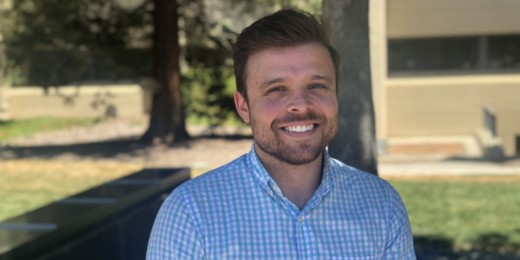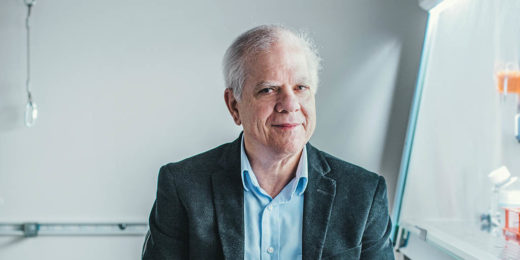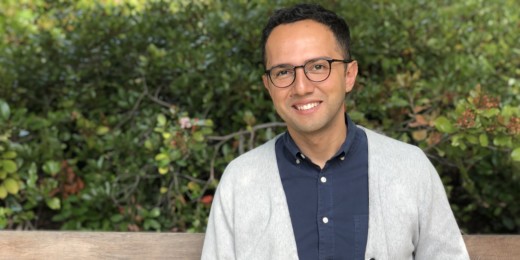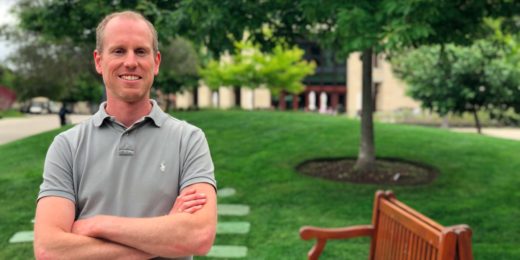In this final piece on aspirin for prevention of heart attack and stroke, Randall Stafford explains factors for doctors and patients to consider.
Category: Cancer
In the Spotlight: Shaping how genomics is used in the clinic
This In the Spotlight features Helio Costa, a geneticist who has developed an assay currently being used to help cancer patients.
Pioneering immunotherapy drug gets new testing for early prostate cancer
Pioneering immunotherapy drug Provenge is enjoying a revival, thanks to a large new clinical trial that will test it in men with early prostate cancer.
New hope for treating childhood brain cancer
On Stanford Radio's The Future of Everything, neurooncologist Michelle Monje discussed developments in the treatment of brain cancer in children.
Sports stats may help cancer clinicians predict outcomes
Stanford clinicians take their cue from sports and election predictions to calculate an "in-game probability" of success when treating cancer patients.
AI could help radiologists improve their mammography interpretation
Stanford researchers develop a machine-learning computer model for mammography assessment in hopes of aiding radiologists’ clinical decisions.
“Born to be bad” — some cancers spread before detection
Many metastatic colorectal cancers appear "born to be bad," spreading to other organs before any diagnosis has been made, say Stanford researchers.
Learning the risk of genetic disease through Humanwide
A patient worried that cancer may run in her family finds answers through genetic testing offering by Stanford Medicine's Humanwide project.
Celebrating cancer survivors by telling their stories
A recent Stanford Medicine event, Celebrating Cancer Survivors, brought survivors together to share a variety of stories about living with cancer.
In the Spotlight: An unlikely path to science
In this In the Spotlight Q&A, radiology instructor Ahmed Nagy El Kaffas shares how a best friend and a trip to China shaped his early career.
Is colorectal cancer striking younger people? New study suggests yes
Stanford researchers find that colorectal cancer is being diagnosed at later stages in younger patients, suggesting risk of the disease is growing.
Caregiving for a partner with brain cancer: A personal story
In this essay, which originally appeared in Months to Years, writer Nicole Hardina reflects on caregiving for her partner who was dying of brain cancer.
Doctors smoking? New exhibit displays now-startling ads
In response to views that cigarettes were unhealthful, tobacco companies used images of medical professionals to sell their products.
The future hope of “flash” radiation cancer therapy
A radio show features a Stanford oncologist discussing ultra-fast "flash" radiation therapy, which may kill cancer cells with less collateral damage.
More genetic testing needed for ovarian cancer patients, new research suggests
The prevalence of genetic testing in the United States falls short of the recommended guidelines for women with ovarian cancer, new research indicates.
Colorectal cancer screening at age 45: What difference could it make?
Study finds that starting colorectal cancer screening at age 45 would avert deaths, but testing more older people would be more beneficial.

















